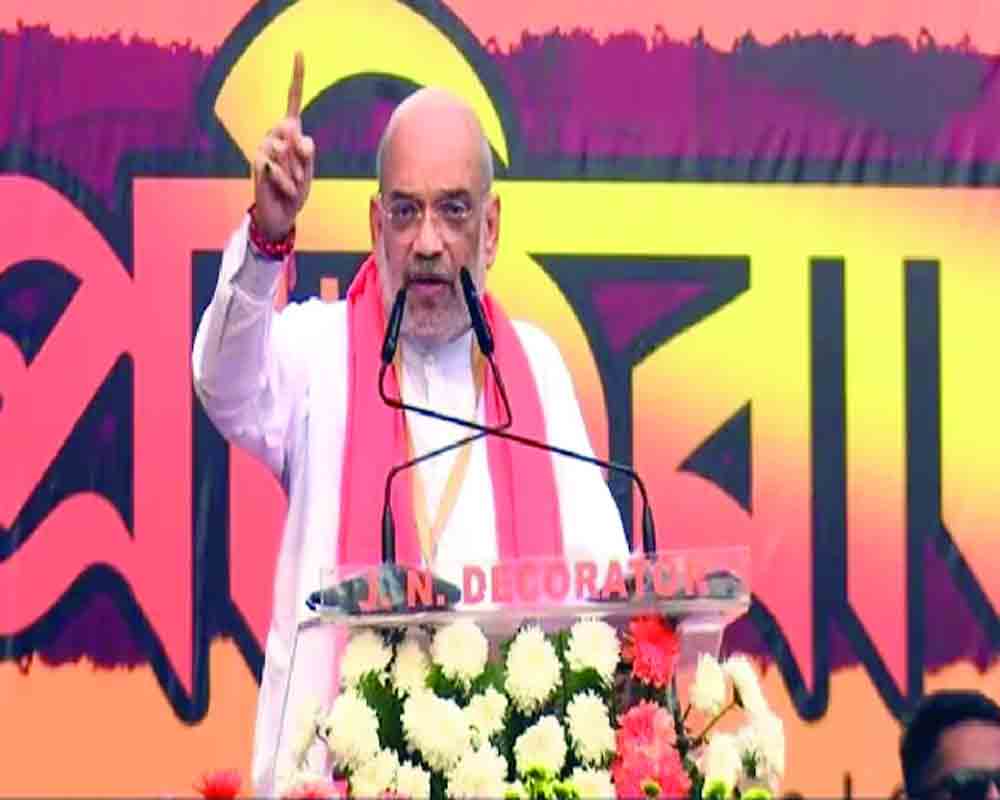Amit Shah rakes up citizenship Act amid State elections, much to the consternation of minorities
Union Home Minister Amit Shah's recent statement regarding the implementation of the Citizenship Amendment Act (CAA) has reignited a vigorous debate and speculation. The CAA, a bone of contention since being introduced in December 2019, aims to provide citizenship to persecuted minorities from neighbouring Muslim-majority countries such as Pakistan, Bangladesh and Afghanistan. At the time, it faced widespread protests and criticism over its potential impact on India's secular principles and the rights of religious minorities. This time again, Shah's reiteration about the CAA's implementation has triggered doubts and discussions. Due to its association with the National Register of Citizens (NRC), the fear of potential discrimination and exclusion – especially against the Muslim community – fueled protests across the nation. The Government's response to these protests involved reassurances that the CAA was not meant to harm any particular community and that it aimed to provide a haven for persecuted minorities from the neighbouring countries. However, the controversy surrounding the Act persisted, leading to an unspecified delay in its implementation. But due to nation-wide protests Government chose to put it on the backburner. Meanwhile other issues took over and CAA was almost forgotten. But with Amit Shah’s statement it is back on the centre stage.
Proponents argue that the CAA is a humanitarian gesture, offering refuge to neighbours facing religious persecution. They contend that it aligns with India's tradition of sheltering persecuted communities and upholds the principle of religious freedom. On the other hand, critics express concerns about the Act's potential impact on India's secular fabric. They argue that by selectively providing citizenship based on religion, the CAA undermines the principle of equal treatment for all regardless of religious affiliation. Critics fear it may set a precedent that challenges the secular foundation of the Constitution. Furthermore, the CAA has been closely associated with the NRC, a process aimed at identifying and expelling undocumented immigrants. The combination of CAA and NRC has raised apprehensions about possible discrimination and exclusion, particularly affecting vulnerable communities who may struggle to produce the necessary documentation. Shah's statement on the CAA's implementation, especially during Assembly polls, raises questions about the timing and political motivations. Elections often bring specific policy issues to the fore as leaders seek to rally support. The CAA, with its polarising nature, can be strategically used to appeal to certain voter bases. The nation does need a comprehensive refugee policy but that must not be discriminatory, to say the least. Besides, dislocating people living in India for generations would be inhumane as it violates India's commitment to uphold human rights.
























